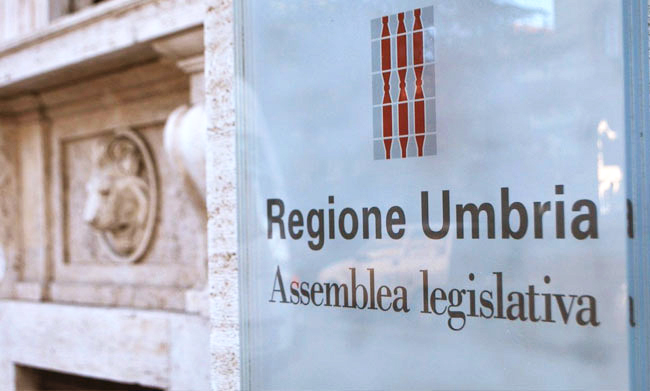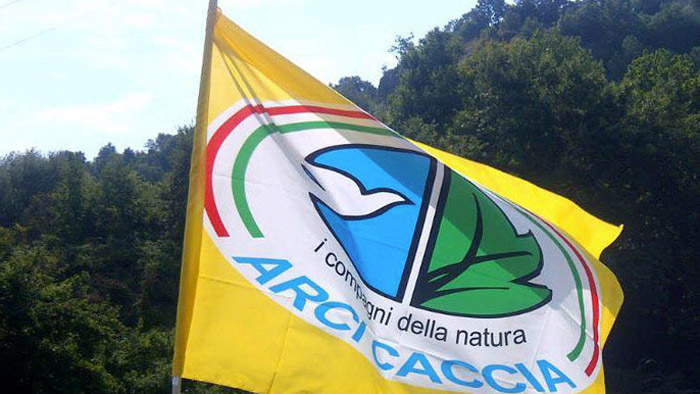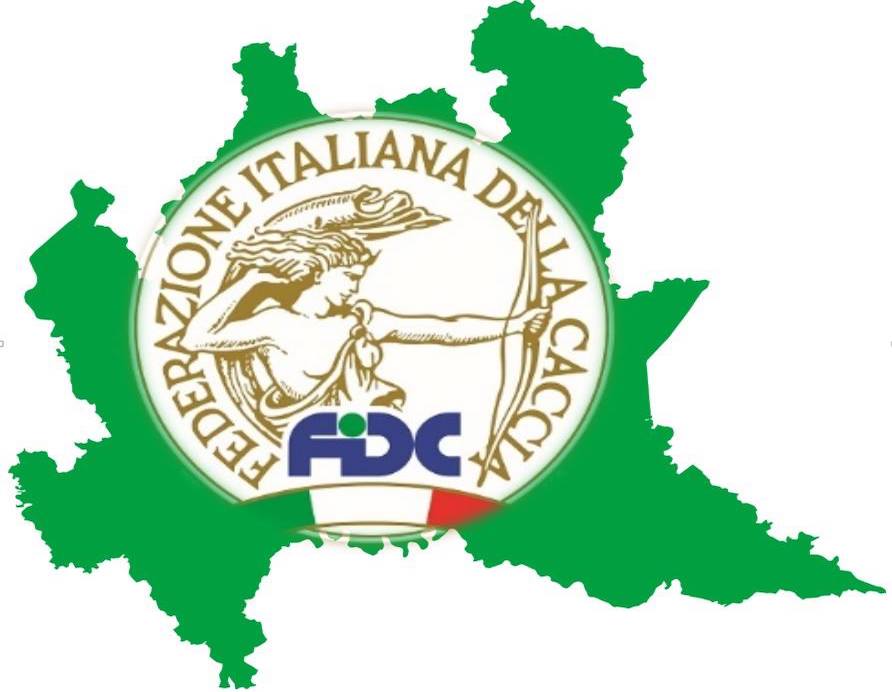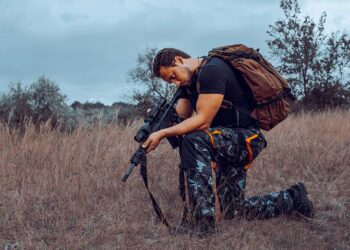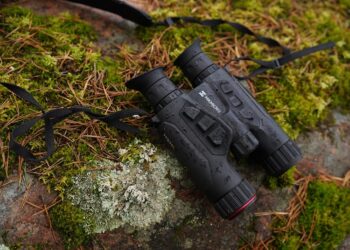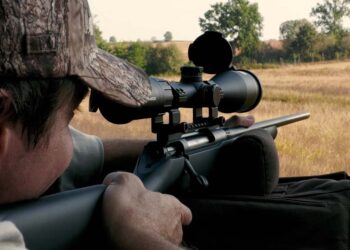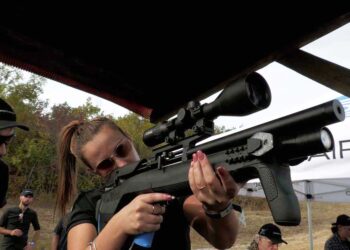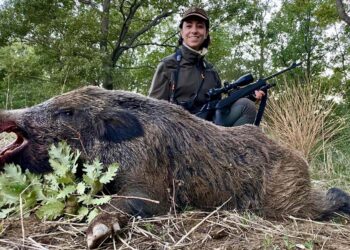The presence of the wolf in the Brescia area
The wolf is also present in the province of Brescia. Numerous sightings in Upper Camonica Valley, in Alto Garda but also in lower Val Trompia, often highlighted by the numerous camera traps present in the area. Regarding this topic, the first "Report" on wolf predation on hunting, domestic and guardian dogs was presented at the national headquarters of the Italian Hunting Federation by the Coordination of Huntresses. An expanding phenomenon - still in need of being well understood and framed by the relevant bodies in the overall context of management policies for large carnivores - which arouses concern and alarm in society. Many institutional representatives and professionals who followed the press conference. The data from the latest monitoring of the Wolf species in Italy published by ISPRA in 2022 and referring to the previous two years - by the Institute's own admission underestimated - speak of approximately 3.300/3.600 specimens distributed in almost all Italian regions with the exception of the Islands.
An exponential increase
An exponential increase for this species, considering that at the beginning of the Seventies it was considered at risk of extinction in our country, with a few specimens remaining to populate mostly impervious mountain areas. The increase in the wolf population in Italy, together with the phenomenon of hybridization with stray dogs - a worrying and too often underestimated aspect for the conservation of the species - has inevitably led to an increase in meeting opportunities, increasing the risk of accidents . Leaving aside conflicts with farm animals, in recent years there has been a dramatic increase in reports of attacks and predation by wolves against hunting dogs, guardian dogs and even domestic dogs. This phenomenon has recently achieved ever greater resonance, both due to the impact of such events on social media and an increasingly widespread general media coverage even if often linked to local realities. The initiative of the Federcaccia Hunters Coordination with the support of Federcaccia Nazionale in collaboration with the Studies and Research Office arises from the desire to reconstruct an overall picture that better allows us to grasp the phenomenon, if not in its entirety then certainly in a broader way. of the Federation to collect and catalog proven episodes regarding attacks and predation of dogs by wolves on Italian territory.
Scientific approach and then?
The work presented on 24 October is the result of research and analysis free from preconceptions and based on objective data systematically organized with an approach which, although not intended to be or replace the scientific one of technicians and researchers, is characterized by the utmost rigor and seriousness, separating the made by chatter, detaching oneself from those who for various and different interests tend to reduce or exaggerate the effects of the consistent presence of the wolf. An effective contribution, the result of careful work on the territory, making - as often happens for the management of fauna and the environment - the work and actions of hunters, available to society and the competent institutions, conceived precisely as a tool for those , an organization or professional figure, is responsible for carrying out an in-depth analysis of the phenomenon, providing answers to an increasingly large segment of the population called upon to live with the wolf. Predations, as demonstrated by numerous episodes also highlighted in the Report, can in fact take place both in natural environments, such as woods and forests, and in urban contexts, such as courtyards and streets of towns or cities. The management of this phenomenon is not only a request for safety on the part of society, but also a crucial element to guarantee a peaceful and balanced coexistence between man and predator.
Wolf management
“The wolf is not a huntable species and in all clarity hunters as such are not interested in it being so. However, this does not mean that as citizens who experience rurality and are close to all the activities linked to it, we are interested in ensuring that the management of the wolf and the conflicts that its presence can generate are addressed by the institutions" declared Massimo Buconi, national president of Federcaccia. “The issue of dog predation by wolves requires a balanced approach, based on scientific evidence and not on fashions or ideologies” he continued during the presentation. “Unfortunately there are no simple solutions. It is essential to find a balance between the dutiful protection of the species and the responsible management of human activities. From this point of view, correct management of the wolf species becomes more urgent and indispensable than ever and I am convinced that this work that we present today can give those who are called upon to do so - Government, Ministries, Research Institutes, Regions... - their contribution to continue in this direction." (source: Federcaccia Brescia – Cacciapensieri).




